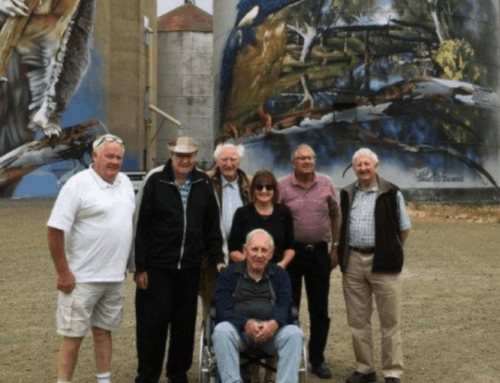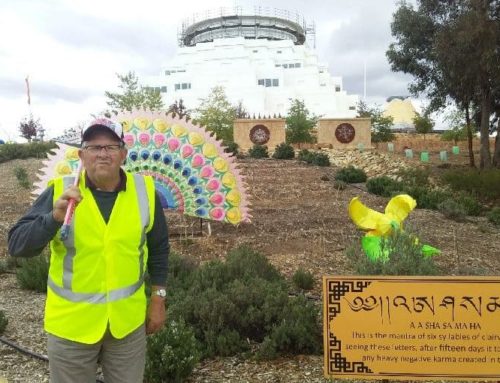Importance of social relationships
Social relationships are important for people’s quality of life. It is not just that being part of a network of various types of relationships is ‘a nice thing’. Such relationships contribute to people’s mental and physical health and sense of wellbeing. Studies have shown that meaningful participation and social involvement contribute to ageing well. Quality of life in older age can be improved by building on what happened in a person’s earlier life stages, as well as what happens during older age. Being socially active and preventing loneliness are key to older people’s wellbeing. In addition to characteristics such as a person’s acceptance of life and finding meaning in life, ‘feeling lucky’ and maintaining an optimistic outlook, social relationships for older people are strengthened by other factors. These can include older people living as long as possible in their homes and neighbourhood; the degree of reciprocity in relationships; the size of a person’s social network; and the extent and nature of social participation – including volunteering, helping others or being a member of an organisation.
Current project
The current project was undertaken following the success of Golden City Support Services’ (GCSS), Bendigo Victoria, experience with an earlier project ‘Mapping Natural Supports for people with disabilities’ (2013). This earlier project described the social relationships of people with disabilities who identified as being socially well-connected, and reported on how people maintained and built social relationships.
In common with research about people with disabilities, studies of older people who are socially isolated have generally focused on the barriers to their relationships and links with others. This report considers what can be learned from another perspective – that of older people who have maintained and developed social relationships.
Socially well-connected older people were asked about how they developed and maintained social relationships, and what suggestions they had for other older people (or people of any age) who are lonely and socially isolated. Overall, participants in this study experienced many of the reported barriers to social participation (ill health, decreased mobility, family members moving away) and yet they were able to describe continuing and varied social relationships.



